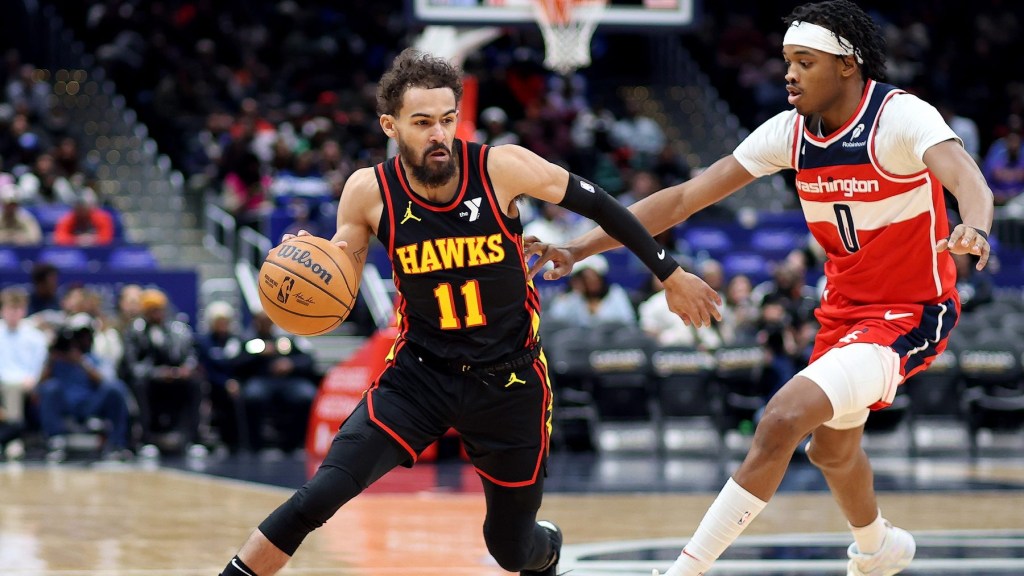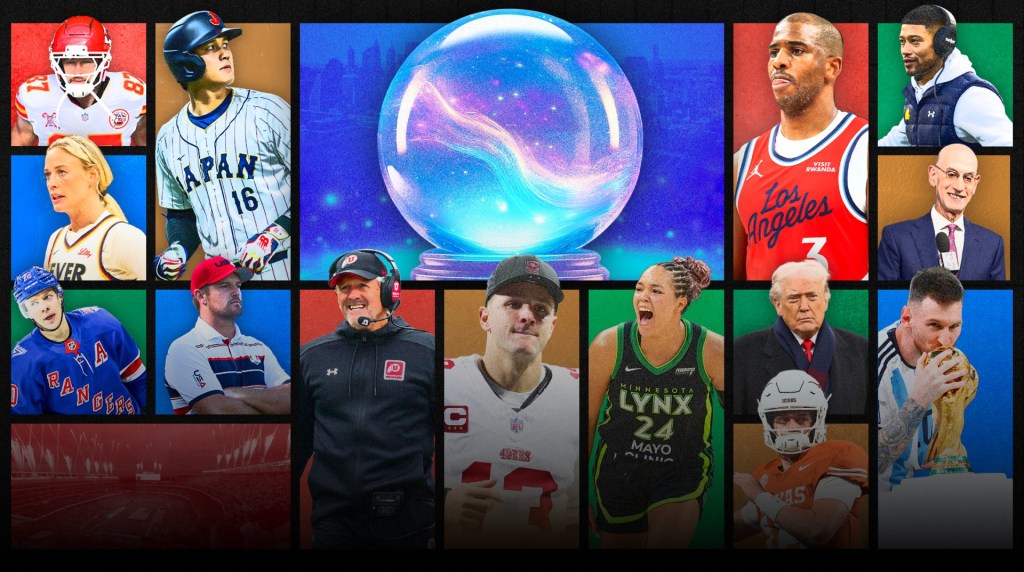By: Chase McCaskill, @itsmechase

Front Office Sports had the privilege to speak with Maury Brown, a contributing writer for Forbes SportsMoney and USA TODAY’s Sports Media Group. Maury has made a career in aggregating data within the business of sports and publishing unique content for his readers to enjoy. Maury gave us some great insight on the ins-and-outs of the industry and the importance of constantly producing great, unique content.
Tell me about yourself, how did you end up in your current role?
I lived in Portland, Oregon, a place where there wasn’t a lot of professional sports options at the time I jumped into the industry. Quite honestly, I was initially involved as a researcher working with David Kahn, the former President of Basketball Operations for the Minnesota Timberwolves and GM of the Indiana Pacers. We gave a fully vetted submission to Major League Baseball based on what they asked of us. I was involved heavily with SABR (Society for American Baseball Research) where I was the co-chair of the Business of Baseball Committee, which became very helpful in opening a lot of avenues for me. I never stopped reaching out to people. I figured the most important thing was to talk to decision makers directly and wanted to ask the questions that weren’t being asked. I continued to develop [in my career] to the point that I am now a consultant for one professional league and several league clubs. On the other side of things, I’ve worked for more than one player agency providing data around a number of issues (business components/player analytics.) I currently write for Forbes and USA Today’s “The Fields of Green.” [My career] continues to be a daily process but so far it’s been great.
Talk about your business “Business of Sports Network.” How are you able to balance so many different projects at one time?
I had done the “Business of Baseball” website for SABR and started gathering as much data as possible. I hoard large amounts of it and collect as much as I can each day. I started presenting my data and doing interviews with decision makers. I eventually broke off to do bizofbaseball.com, which was a project outside of SABR. I realized that after a certain point, when you get involved with whatever facet of sports business it is, you really start to touch everything. Something important for those looking to get into the industry: Never pigeon-hole yourself into one particular thing. At some point, all the sports begin to intersect. I launched several websites in addition to my current baseball initiative. I launched one for basketball, football, and hockey, which then created the ‘Business of Sports Network.’ Balance is an important thing, so when I got opportunities to write for other outlets, I shut the other websites down and only kept the ‘Biz of Baseball,’ which you can still find today.
What are some of the hidden challenges of being a writer?
I think the biggest thing to understand is that if you want to be successful you have to write every day. If you’re trying to break into the industry, you have to try and distance yourself from the competition. [In media], it’s really easy to get lost in the noise. Because of this, I am always trying to make new contacts and find some sense of balance with my reporting. To try and do this consistently is hard work. I am always amazed at some of the guys out there who are just relentless and never seem to sleep. In a hyper-competitive industry like sports journalism, you constantly need to provide good, original content. You need to consistently reach out and speak with the newsmakers of the day. Obviously, to do this, it takes time to foster relationships but that is always something to work towards.
For those interested in the sports journalism industry, what skills do successful writers possess?
I was at the Baseball Winter Meetings one year with Dan Evans, the former General Manager of the Dodgers, speaking on a panel. We were meeting some students before we spoke and Dan asked them where their interests lied. One student said ‘I don’t know, I just love sports and want to be involved.’ We asked this other kid who preceded to hand us this document with some work he’d done on contract depreciation with Major League Baseball players and how that affects contract renewals. Dan and I started looking through this thing and he said, ‘Kid, do you have a card?’ In other words, the big thing here is to have short-term and long-term plans for whatever you want to do. It takes time to reach certain levels you are trying to achieve, but if you’re not consistently going at it with a plan of how to get there then you likely never will. There are a very limited number of jobs in sports and an awful lot of people who want to do them. The idea that you can get paid for involvement in sports is a dream for a lot of people. You have to be pretty dogged in whatever you’re doing and reach out to people as often as possible. I suggest that young professionals throw their net very wide. For me as a writer, if I were in between writing gigs, I would still be writing just to keep increasing my body of work.
What is the best way to gain experience in the industry and to establish you as a more well-rounded candidate for employers?
One of the best things to do is to present something unique. A good idea is to provide some research that maybe others haven’t done, or a different angle or take on something. Let’s say you love basketball and you’ve written about it, but an opportunity presents itself with the NHL, I don’t think it hurts to provide something in an NHL interview that is basketball-centric. It shows an analytical mind and shows self-motivation. If somebody sees that you’re willing to come up with some information on your own without being assigned to it, they are going to feel a lot better about giving you a job opportunity. The second thing would be that once you get an opportunity, make sure to provide what that job is asking of [of you]. It is important to deliver on time and deliver over expectations with quality work. If you can work well under pressure, while working long hours and do it with a smile on your face, then you’re probably going to go pretty far.
You’ve stressed the importance of making contacts, how do you go about expanding your brand and making new contacts?
I initially started making contacts while I was at SABR by looking through the directory. There are avenues for getting contact information pretty easily. If you look up any of the major leagues, you’ll find that they have media sites. While you would think that an individual needs to be within a well-formed outlet, that isn’t always the case. One thing that helped me was creating an LLC, which gave me some credibility. The leagues that I applied to for media access understood that I was taking it very seriously and was more than just a blogger. I would encourage those who want to get involved in journalism to do this as well.
Also, I encourage those who want to get involved in journalism to reach out to sites. I wouldn’t suggest that if you’re just starting off to go straight to ESPN, those sites don’t operate on that level. However, there are others that provide opportunities for contributors. I think the biggest thing is to not get discouraged if you reach out and don’t hear back from someone.
How have you been able to use social media to promote your own personal brand?
I am relentless on Twitter and other forms of social media. For me, social media comes in two forms, it allows you a chance to publish your work and provide visibility to what you’re promoting. On the other hand, it allows you to interact. The big thing is that I use [social media] as a vehicle to extend my contacts. If I go and meet with somebody at the Baseball Winter Meetings, social media allows me to maintain contact after I’ve already made that personal contact. I think that social media is so valuable now that you can’t survive [in this industry] without it.
It isn’t easy — most people getting started in the media have day jobs — so you have to carve out time to make [social media] happen. You have to be patient, it takes a lot of time to grow your followers, but it’ll come as you provide decent content and interesting thoughts. I think the biggest thing to understand is that once you get involved with social media, everyone is watching you, whether you know it or not. When you’re putting something out there, really think about what you’re saying and how that might affect the view of others when you are looking for work.
Final Thoughts: What is one piece of advice you can give someone looking to get into your industry?
Provide something unique and constantly be providing some form of content.
We would like to thank Maury for taking time out of his day to offer up some great advice for our readers!
You can follow Maury on Twitter here or connect with him on LinkedIn here!

















